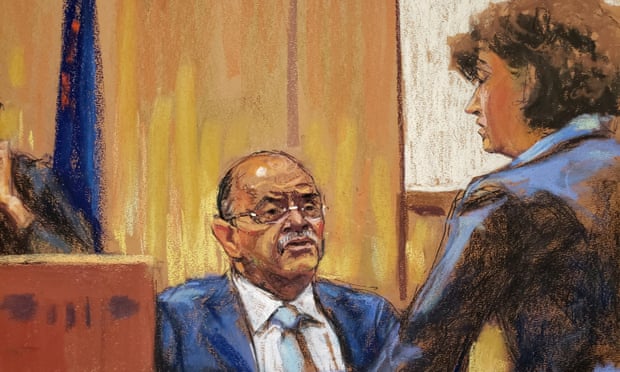
A revelation about a potential perjury deal with a crucial witness is causing ripples in Donald Trump's $370 million New York fraud trial, as disclosed in a recent court document.
Judge Arthur Engoron, overseeing the case, sent an email to trial lawyers on Monday, seeking additional information about an alleged perjury deal involving Allen Weisselberg, a former executive at the Trump Organization. The deal is reportedly being negotiated with the Manhattan District Attorney's office, led by Alvin Bragg.
While Bragg's office is not directly connected to the ongoing fraud trial, handled by the state attorney general's office, it is overseeing a separate hush-money case against Trump. Recent reports suggest that Bragg's office is in the early stages of negotiating a deal with Weisselberg.
If Weisselberg agrees to the deal, he would confess to perjury in connection with his October testimony in the fraud trial. In return, he would not be required to testify against Trump in the hush-money trial scheduled for March.
Trump faces accusations in the fraud trial of inflating the value of his assets on government financial statements. In the hush-money case, he is alleged to have falsified business records by reporting payments to adult film star Stormy Daniels as legal fees.
Weisselberg, the former chief financial officer of the Trump Organization, plays a pivotal role in both cases due to his extensive involvement in Trump's financial matters over the decades.
During his October testimony, Weisselberg abruptly concluded his statements after Forbes published an article accusing him of lying on the stand. The report revealed inconsistencies in his testimony regarding the size of Trump's triplex apartment in Trump Tower.
In the email, Judge Engoron expressed a desire to ascertain whether Weisselberg "is admitting he lied under oath in my courtroom at this trial." He emphasized that Weisselberg's credibility on various topics could be called into question, not just concerning the Trump Tower Penthouse size mentioned in the Times article.
Engoron suggested that a perjury admission might lead him to invoke "falsus in uno," a legal term implying that the entire testimony of Weisselberg would be deemed not credible. The judge requested lawyers from the attorney general's office and Trump's team to provide insights on the matter, considering professional ethics
